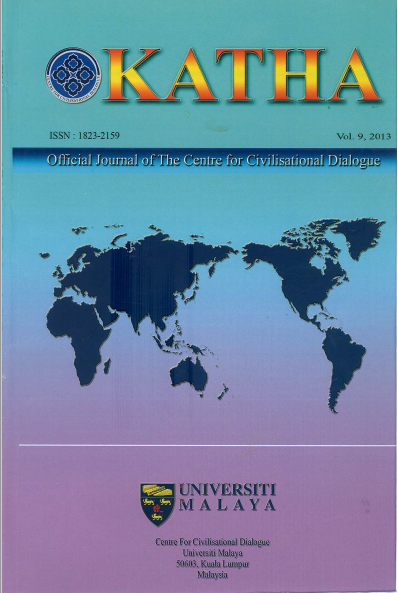Social Relations On Multicultural Society In The Context Of Social Change: Perspective Indonesia
Keywords:
Indonesia, Multiculturalism, religious, toleranceAbstract
Indonesia is one of the world mosaics. Vast archipelagic territory from Sabang to Merauke, there are hundreds of ethnics and languages and religions, making Indonesia one of the world's wonders. Develop appropriate patterns of social relations in a multi-cultural society such as this to be an important issue that horizontal conflicts and separatism can be avoided.
Social change and social transformation in the political system from the bureaucratic system of the New Order authoritarian to democratic reform era in the setting- liberal globalization has implications for horizontal conflict, mass rioting and even separatism in various areas. Religious differences also play a role in increasing the scale of the conflict. The solution is not enough just through security approach and structural approach, but also takes a cultural approach and other approaches are more humane. develop the mind set of multiculturalism, tolerance and inter-religious cooperation and humanitarian projects and humanizing become more effective and more eternal in creating social resilience in a multi-cultural society in Indonesia.
Downloads
Downloads
Published
How to Cite
Issue
Section
License
Articles submitted to the journal should not have been published before in their current or substantially similar form, or be under consideration for publication elsewhere. Authors submitting articles for publication warrant that the work is not an infringement of any existing copyright and will indemnify the publisher against any breach of such warranty. For ease of dissemination and to ensure proper policing of use, papers and contributions become the legal copyright of the publisher unless otherwise agreed. By submitting a manuscript, the author(s) agree that copyright for the article is transferred to the publisher, if and when the manuscript is accepted for publication. However, it can be reprinted with a proper acknowledgment that it was published in KATHA.

This work is licensed under a Creative Commons Attribution-NonCommercial-NoDerivatives 4.0 International License.




